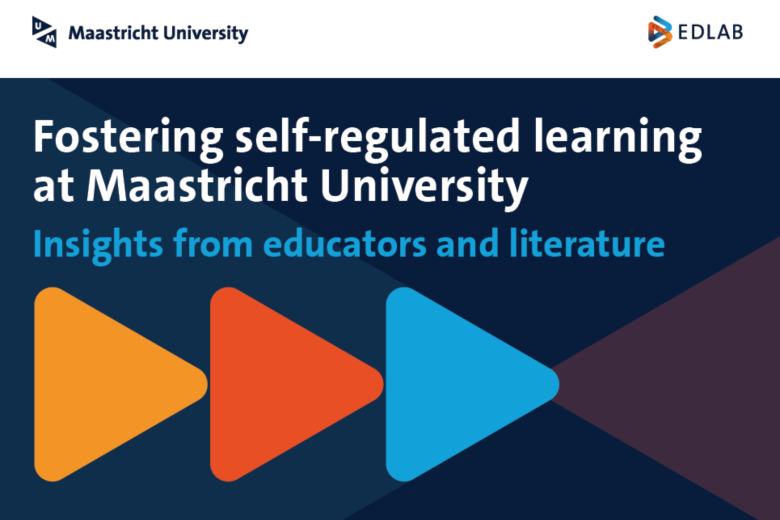How standing could beat exercise
No doubt you have come across messages warning that sitting is a new health risk. The typical solution often appears to be exercise, like going to the gym, walking, or doing any other workout for at least 30 minutes a day. However, there's good news for those who are not the sporty type: exercise is not necessarily the only solution for addressing poor sitting habits. It's time to stand up!
To excel in something, you often need to practice for ten thousand hours. According to this rule, many of us have become experts in sitting.
Research conducted by Hans Savelberg and colleagues at Maastricht University has demonstrated that prolonged sitting can lead to severe health risks, such as heart and vascular diseases and diabetes. By comparing the health of individuals with sitting, standing, or exercise habits, they concluded that standing and frequent walking are the most effective ways to reduce the health risks associated with sitting. Exercising for just 30 minutes a day is not enough.
Solutions can be found in incorporating more variation between sitting and standing throughout the day. The use of standing desks in offices and schools can greatly contribute to this goal. At EDLAB, we are dedicated to making Maastricht University healthier and more dynamic too.
Go to EDLAB's Education That Moves You project.
Go to EDLAB's Education That Moves You project page.
Also read
-
Study Smart gets Dutch Education Premium
Maastricht University's (UM) interfaculty educational innovation project Study Smart is one of the three winners of the Dutch Education Premium 2025. This was announced on Tuesday during the Comenius festival in The Hague.

-
Three UM initiatives win Global Citizenship for Sustainable Development grants
We are proud to announce that three projects have received funding from the Global Citizenship for Sustainable Development network at Maastricht University.

-
Research report: Fostering self-regulated learning at Maastricht University – Insights from educators and literature
Drawing on academic literature, good practices, and the experiences of UM teaching staff, this handbook outlines what SRL is, how it connects to our CCCS educational model, and how it can be applied in day-to-day teaching. It includes concrete examples, tools, and reflections from colleagues across...
